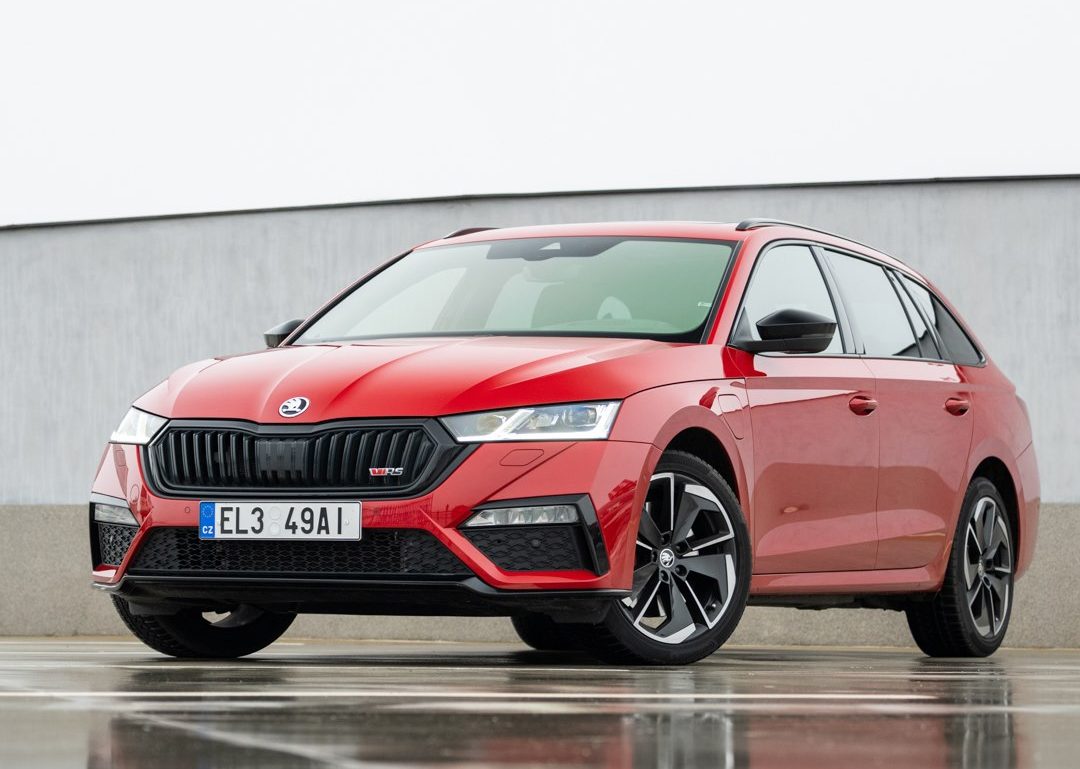More than 100 Bentleys have been sold in the country since in 2018.Continue reading
The number of monthly sales in the domestic used car market seems to be breaking out of the previous 70,000 bar, with January’s figure of almost 75,000 being the second highest ever, reports Világgazdaság. According to preliminary data from DataHouse, more than 74,900 cars changed owners in January, up 12 percent from 66,700 in January of last year.
The number of monthly sales in the domestic used car market seems to break out of the previous 70,000 bar: the current figure of almost 75,000 is the second highest ever. The all-time high of 76,000 in March 2022, was a one-off effect of government measures. The latter (e.g. parental personal income tax rebates or the 13th month pension) have brought significant extra resources to households, and part of this income has been used to buy cars.
Only in the coming months will we know whether the current spike is the start of a new trend,”
said Bertalan Halász, CEO of JóAutók.hu. “The general market environment foresees a rather gradual growth this year: demand does not offer much scope for a steep rise for the time being.”
Based on data published by DataHouse, Volkswagen, with a 10.7 percent share of the domestic used car market in January, narrowly overtook Opel (10.58 percent), traditionally holding the top spot. Suzuki (8.03 percent) took third place, followed closely by Ford (7.85 percent). BMW came in fifth with a 6.2 percent share, while Škoda (5.78 percent) climbed to sixth place. As the site points out,
cars from six brands accounted for almost half of total sales in January (49 percent).
As Hungary Today previously reported, in the first month of the year, 8,040 new passenger cars were registered in the country. This means a drop of 3.3 percent, compared to January 2023. The Hungarian Vehicle Importers Association (MGE) expects annual sales of around 100,000 new vehicles this year.

Photo via Facebook/Škoda Global
Certain brands are popular in both markets. Toyota topped the imaginary podium in the new car market in January. However, Suzuki and Škoda sold relatively good numbers in both markets. Suzuki sold 932 units in the first month of 2024, while Škoda sold 880. It should be noted that Škoda’s sales have been soaring for a while now. Compared to 468 units a year ago, the current figure of 880 represents an increase of more than 88 percent. In addition, the Škoda Octavia came out on top in the inter-model competition.
Furthermore, a new analysis just found that car manufacturers are failing to deliver affordable electric cars. Only 17 percent of all electric cars sold in Europe are compacts in the cheaper B segment, compared with 37 percent of new internal combustion engine cars. Carmakers are slowing the uptake of electric cars by prioritizing sales of larger, more expensive electric cars. Additionally, the average price of battery electric cars in Europe has increased by 39 percent (+€18,000) since 2015. As the study points out: “This is due to European manufacturers’ disproportionate focus on large cars and SUVs, which carry a price premium.”
Via Világgazdaság; Featured image via Facebook/Car Selection Autókereskedés